
After you conceive, the heart of your (then technically still) embryo will start beating after about 22 days. At that time, the embryo's circulatory system is still primitive, and the tiny heart can't be heard yet, even with the help of modern technology. It is possible to see a heartbeat if you have an early ultrasound sometimes, though. If you are in your fifth week of pregnancy, and the technician cannot locate a heartbeat yet, that doesn't have to mean there is anything wrong, however. Sometimes, the movement is too small and weak to be able to see it. After about 10 weeks, it is possible top hear your baby's heartbeat with a Doppler.
Doppler devices can be used by doctors and midwives, and you can even buy or rent them yourself. Keep in mind that these devices also make use of ultrasound technology, so they should not be used all the time. A Doppler is your best bet if you want to hear your baby's heartbeat early on during your pregnancy, and most healthcare professionals use them. Halfway through your pregnancy, at 20 weeks, it will be possible to hear the fetal heartbeat with a fetoscope, which does not need to use amplification, unlike a Doppler. A fetoscope is much like a regular stethoscope, with some adjustments to make it easier to locate the baby's heartbeat through your abdomen. For more information about heart beats, you might like to read, Can you find out your baby's gender by measuring the heart rate?


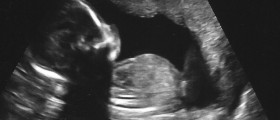
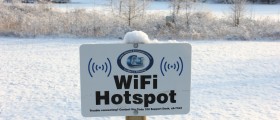
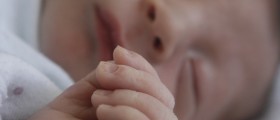



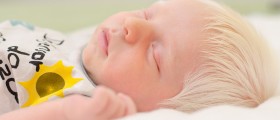
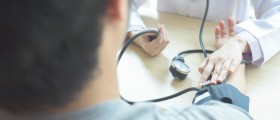
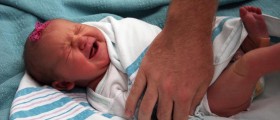

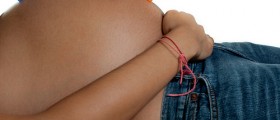



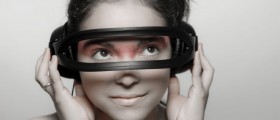
Your thoughts on this
Loading...